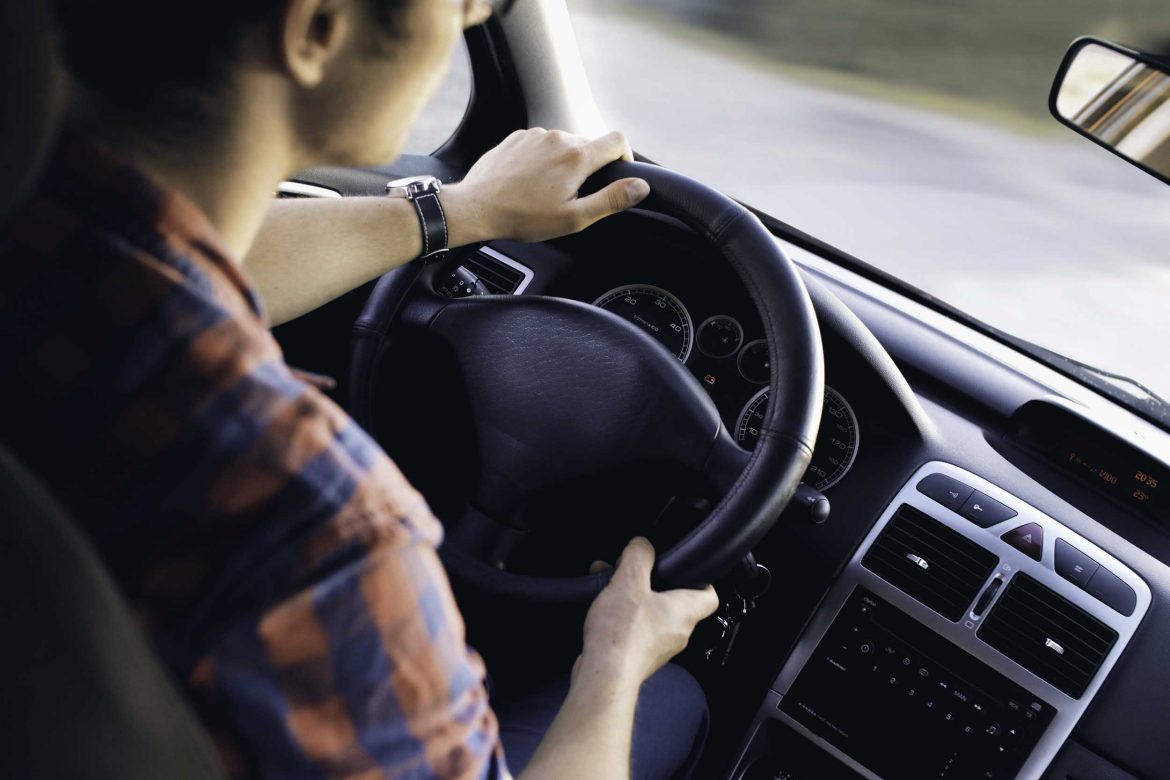Learning to drive is a rite of passage in a young person’s life- and passing your test and finally getting out onto the roads on your own is such an exciting time. If you’re a parent, encouraging your kids to learn to drive can be a really good thing- it gives them more independence, not to mention makes life easier for you running them back and forth in the car.
The only issue is that while most teens will be able to pass their test and get their driver’s license with practice, it’s up to us as parents to ensure that they’re really responsible on the roads. As let’s face it, we know them better than anyone else and how they’re likely to behave. Here are some of the reasons teens can be an issue on the roads, and what we can do about it as parents.
LACK OF EXPERIENCE
First things first, teens can be problematic on the roads just due to their lack of driving experience. Everyone starts out this way, and there’s not much you or they can do about this other than slowly build up and gain confidence. When they first start driving you could sit with them and supervise, go at quieter times of day and then start to build it up.
Remember how scary it was yourself in the beginning when you first started driving and be patient, just because they have a license doesn’t mean they truly know how to drive out on the roads in real life. The more experience they have at handling different situations, the safer they’ll be. But of course, this is something that takes time to build up.
MORE IMPULSIVE
The problem with teen drivers in comparison to adults is that they’re naturally more impulsive. Research has shown that risky behavior is a normal part of development and reflects a biologically driven need for exploration. This process is aimed at acquiring experience and preparing teens for the complex decisions they will need to make as adults. However, while it’s a normal part of growing up, the combination with this and driving isn’t a good one.
Being impulsive can lead to poor decisions and mistakes being made, from pulling out in traffic when a gap is too small to breaking the speed limit. Driving can be incredibly dangerous, and needs to be done with a clear and calm head to ensure the best decisions are made. If you know your teen is particularly impulsive or this is likely to cause an issue then it’s something you will need to have a chat with them about.
MORE LIKELY TO MAKE POOR DECISIONS
Another reason teens are likely to make bad decisions regarding driving can come down to peer pressure. Their friends egging them on to go faster, do risky maneuvers or even drive while under the influence. Unless you want to be figuring things out with a dui attorney it’s crucial that you really bring home the message of how dangerous these things are. How it’s absolutely not acceptable, and just how much of a huge issue it is.
The thing about teens is that we need to give them some independence, and so we can never know what they’re up to every second of the day. But with the right support and advice, we can trust them to make the right choices when it really matters. Again, lack of experience and being impulsive can also cause the wrong choices to be made on the roads, and when life and death can be a matter of a split second decision this is something not to overlook.
While most teens are perfectly responsible to get behind the wheel of a car and follow the rules, there are some that aren’t. If you feel as though your teen could be a danger to themselves or others, extra training or even withholding lessons for a few years could be the answer. An accident is every parents nightmare, while of course they can’t always be avoided, if you know your teen isn’t responsible enough yet then it’s worth waiting until they are.
Photo Credit: JESHOOTS.com


